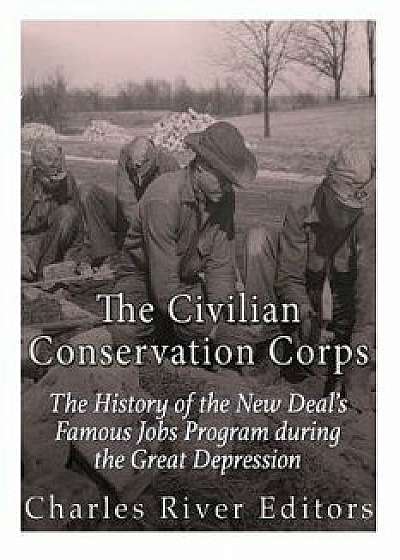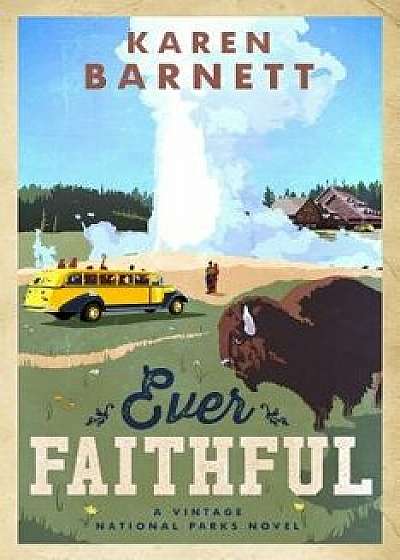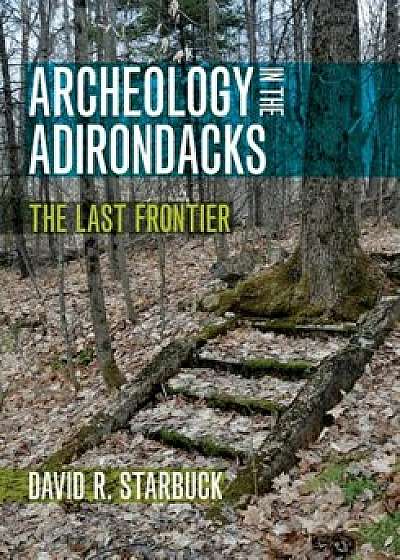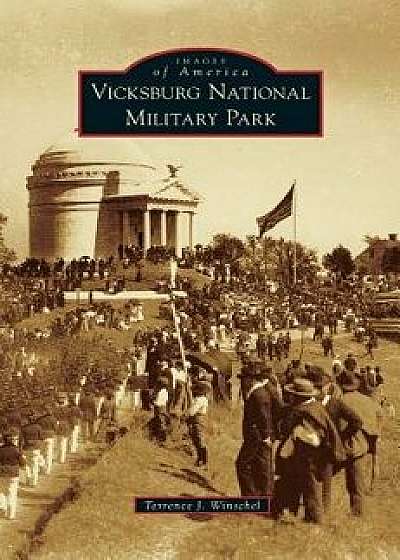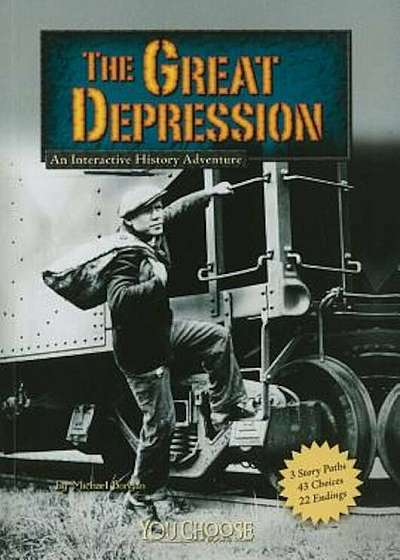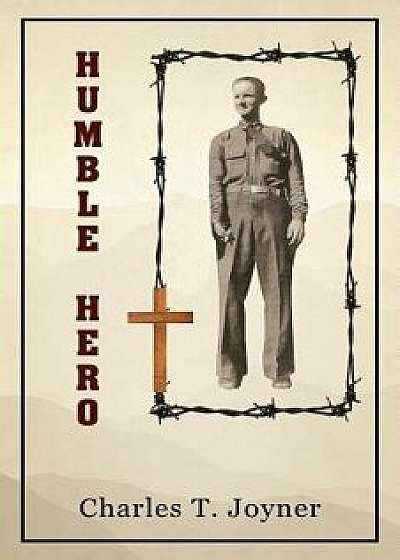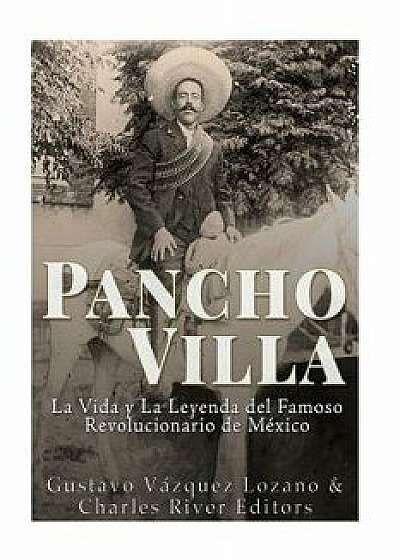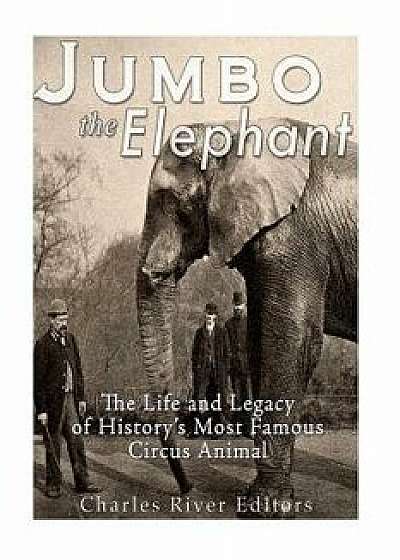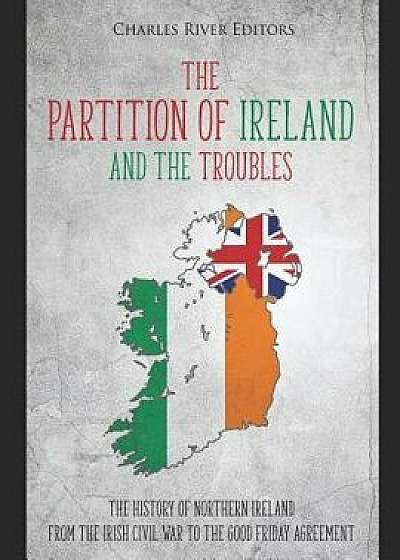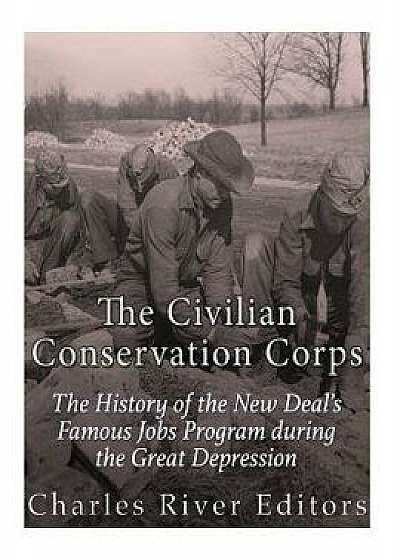
The Civilian Conservation Corps: The History of the New Deal's Famous Jobs Program During the Great Depression/Charles River Editors
Descriere
Description Includes pictures Includes accounts written by CCC workers Includes online resources and a bibliography for further reading Includes a table of contents "I propose to create the CCC] to be used in complex work, not interfering with abnormal employment, and confining itself to forestry, the prevention of soil erosion, flood control and similar projects. I call your attention to the fact that this type of work is of definite, practical value, not only through the prevention of great present financial loss, but also as a means of creating future national wealth." - President Franklin D. Roosevelt In 1932, America faced an economic crisis even more severe than the one it has been experiencing recently. The issue then, as now, was how to address it. When President Franklin Roosevelt came into office, he faced more economic problems than any president since has ever faced, but he came equipped with unique and creative solutions to them. One of his most important programs was the Civilian Conservation Corps (CCC), which recruited and employed more than two million young men in the prime of life and put them to work in the much threatened forests and farms around the nation. He gave these young men jobs, something they could be proud of doing, and offered them a level of education many had been denied. The CCC also taught them discipline and teamwork, skills that easily translated into workplace success. In less than eight years, the CCC planted billions of trees, built thousands of cabins and other rustic buildings, cleared thousands of acres of land, and created thousands of miles of walking and hiking trails. In the process, it shaped the lives of millions of young men, many of whom were dangerously close to embracing a life of crime. It gave them work to do and taught them skills that could later be used in the workplace, but it also taught them to appreciate and care for the land they worked and lived on, inspiring an unprecedented level of admiration for th
